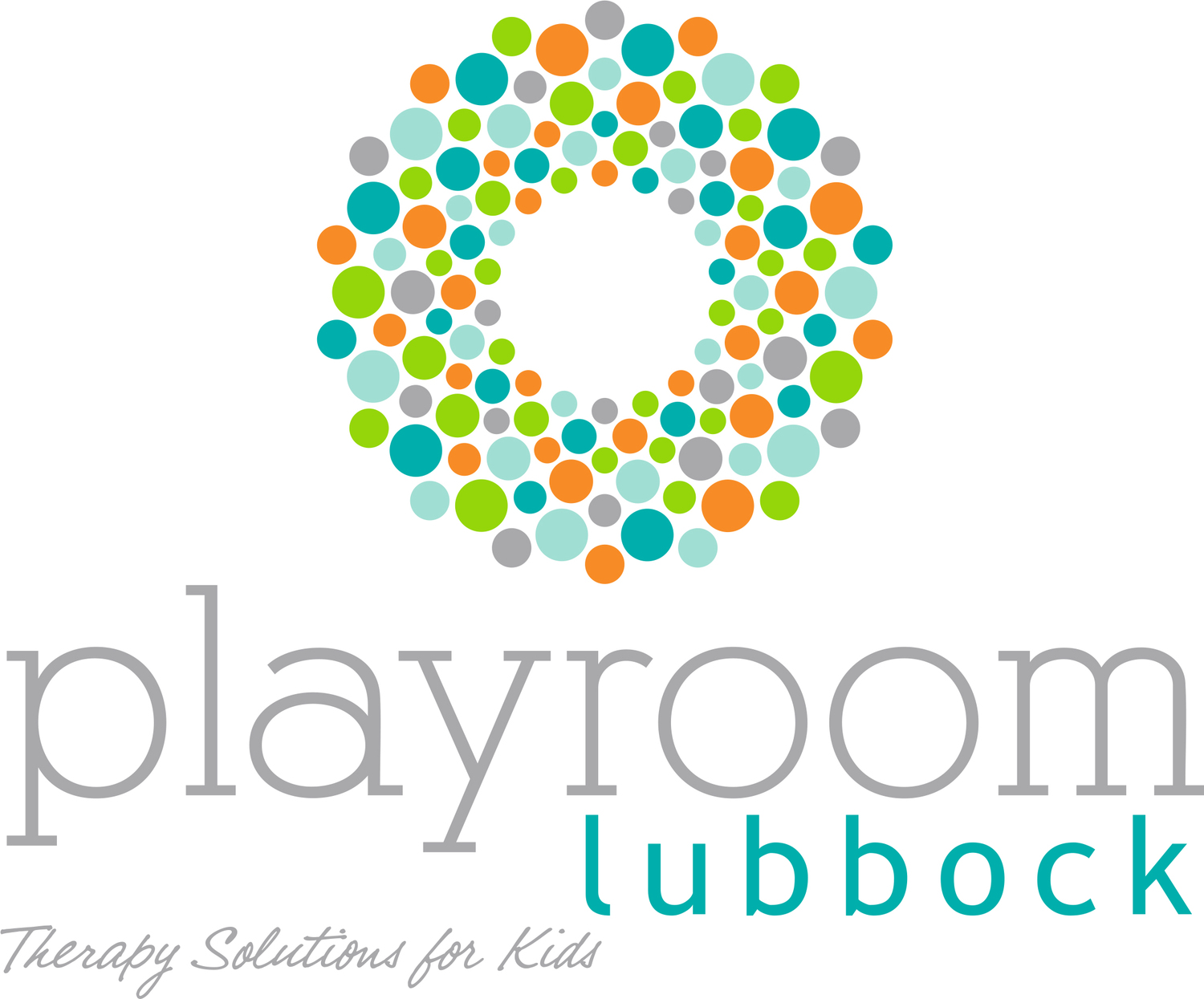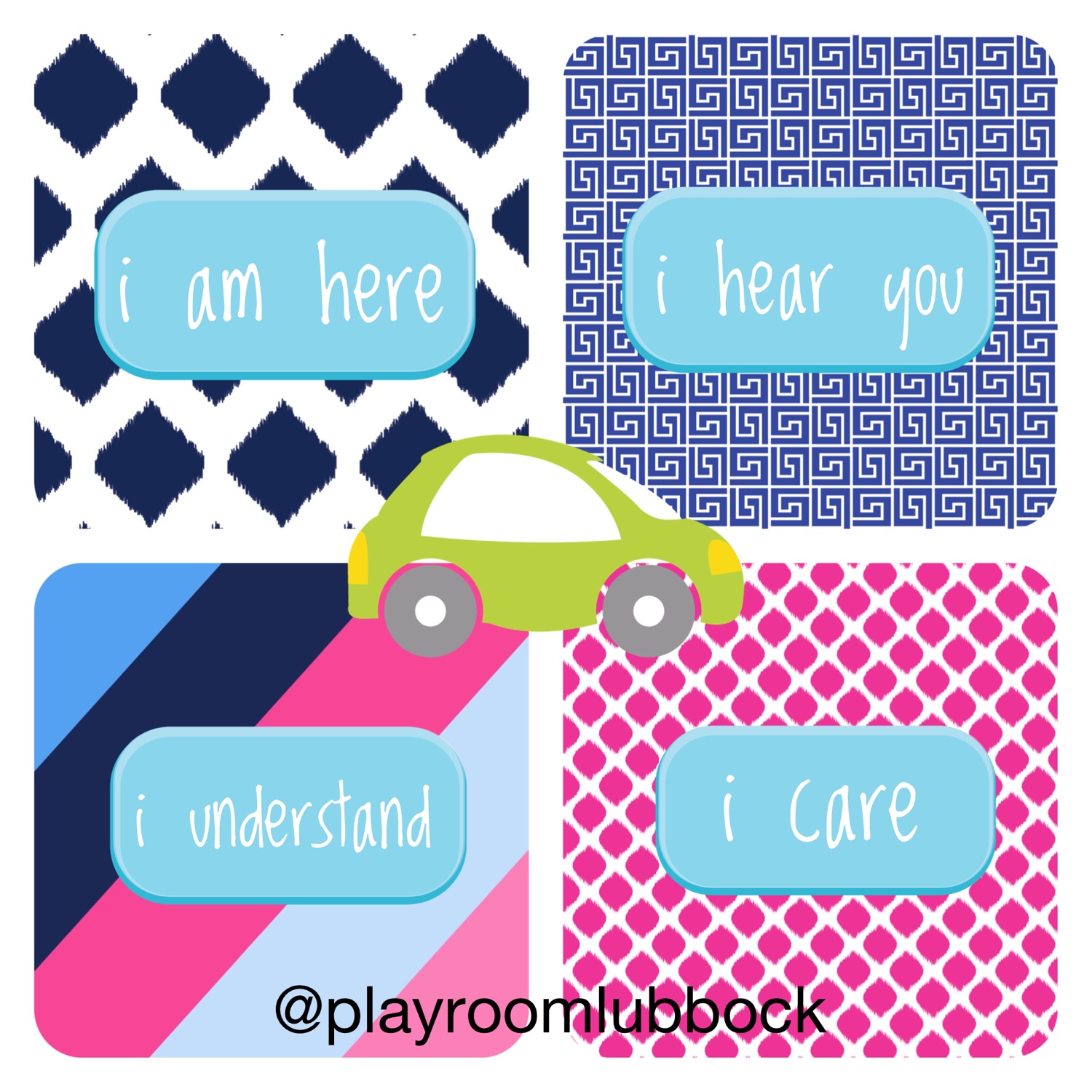"Developmentally, the process where we travel from a world where we do not have to think about who we are or what we do (childhood) toward a destination where we must have the confidence that we can not only survive but also thrive in the multiple relationships and expectations of adult society....[Adolescence is] the overall task of moving out of childhood and preparing to engage in mainstream society as a peer with other adults." Chap Clark, D. Clark (2007). Disconnected Parenting: Teens in a MySpace World.
What a task and a road ahead for a teenager! This road consisting of life events and experiences coupled with experiences of the past and paired with expectations and possibly fears of the future significantly affects adolescents. The emotional, physical, and hormonal changes of adolescents will alter the headlights of that adolescent vehicle and impact a teenager's ability to process and interpret social interactions. Further more, the challenges a teen with special needs has may be magnified during this developmental stage.
Any adolescent is fully capable of navigating through this road trip, especially with the support of peer relationships, parent involvement, and a developing positive image.
You, as parents, are fully capable of supporting your adolescent during this adventure. Pack your bags with suitcases labeled "my child" rather than "my child's problems." "The present" rather than "the past." "Feelings." "Understanding." "Accepting." As soon as you see yourself capable of this adventure, you will begin to see your teenager as capable of this adventure.
Relationships then, (with peers, parents, caregivers) are the vehicle for change. Conveying these messages to your teen "I am here," "I hear you," "I understand," and "I care" will equip your teen to recover from the bumps in the road or to get back on track from a detour. (Messages taken from Child Parent Relationship Therapy: A 10 Session Filial Therapy Model by Landreth, G., & Bratton, S.)
Reality is that we have to service our vehicles. Sometimes getting your vehicle serviced means taking it into the shop to a professional. 1 in 5 adolescents will experience significant symptoms of emotional distress (Report on Adolescent Health: cdcinfo@cdc.gov).
Teenagers are likely to feel reluctant, suspicious, worried, intimidated, or even weird going to a professional such as a counselor. That is why the metaphor of taking a car into the shop or a "pit" stop to be able to get back on track is effective when talking to teens.
"Play" provides a metaphor for teenagers to safely express what is bothering them without really having to talk about it. Play therapy with adolescents does not involve sitting on the floor together with a counselor playing baby dolls or army men. In play therapy with adolescents, the teen has the control what to reveal or keep hidden. Using play, sandtray figures, and expressive techniques will stimulate the teenager's desire and need to be expressive and create identity--which is central to this developmental stage. The positive therapeutic relationship that develops between a teenager and a counselor brings healing, forward movement, and relief of emotional stress.
At The Playroom Lubbock we have Kelly Martin, a licensed professional counselor and registered play therapist trained in play therapy. She has a "playroom" designed for play or activity therapy for preteens and teens.
Providing optimal and collaborative therapy solutions for kids--of any age. Of any ability.



